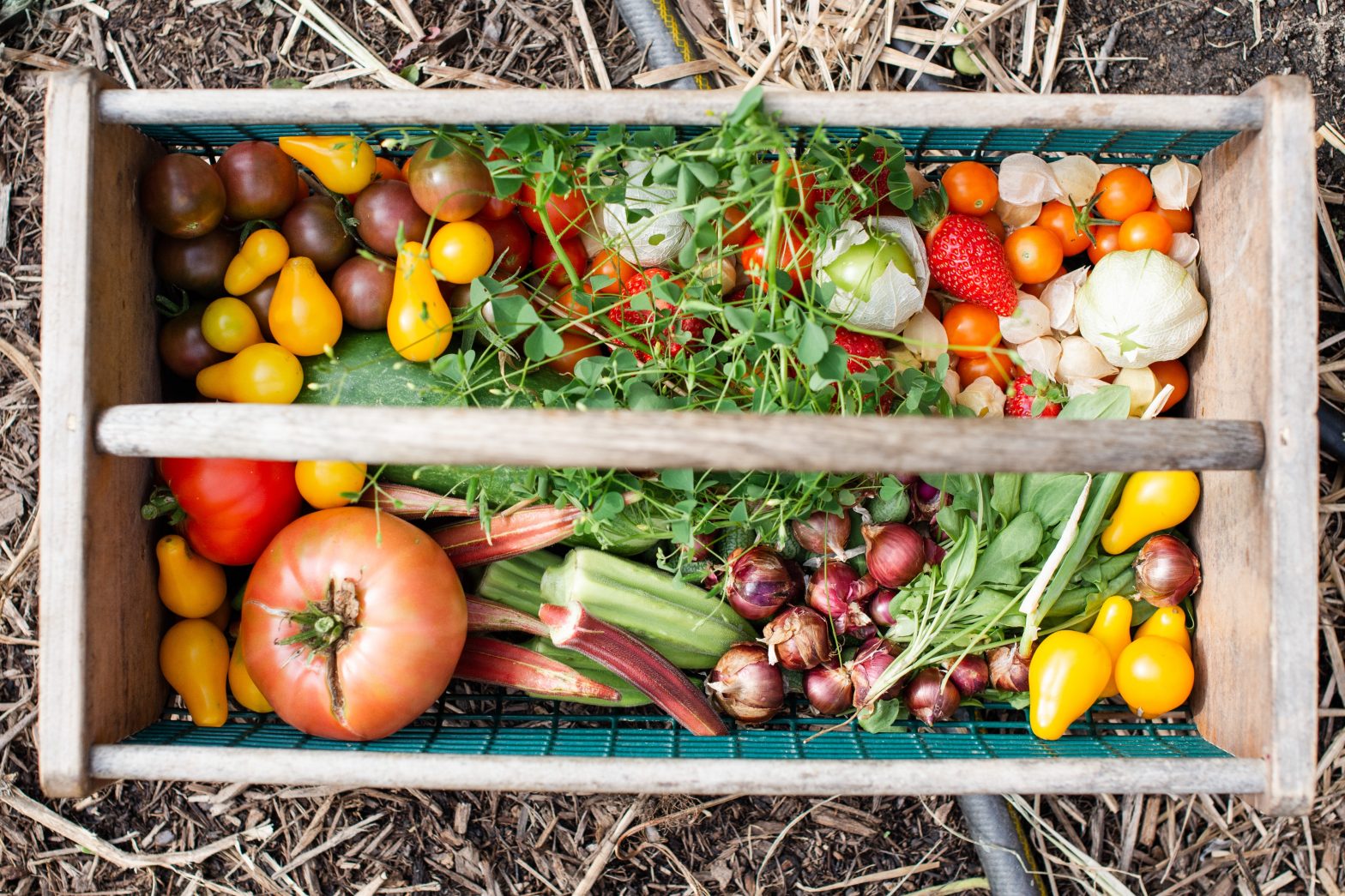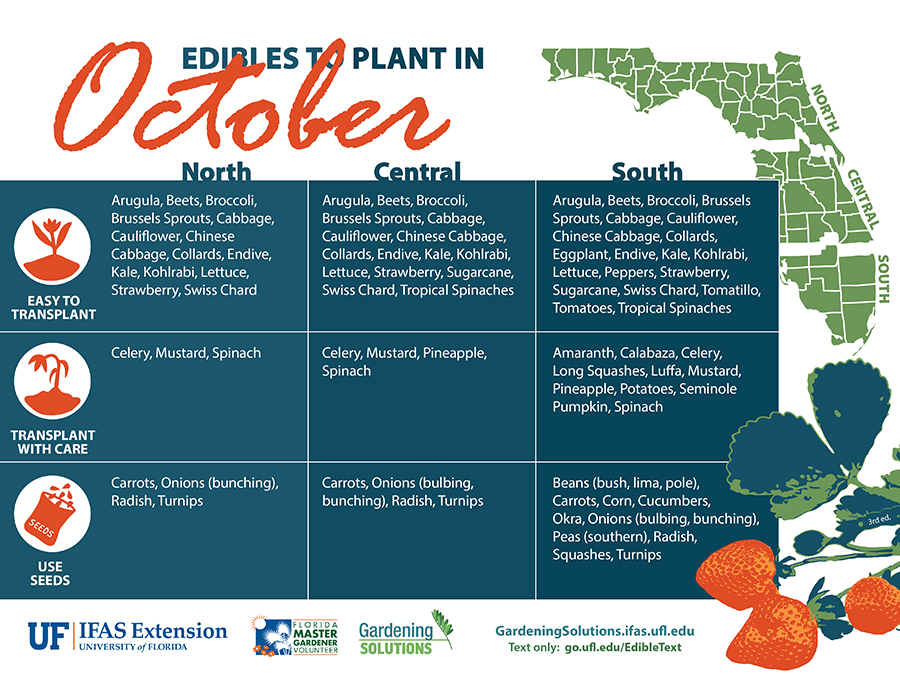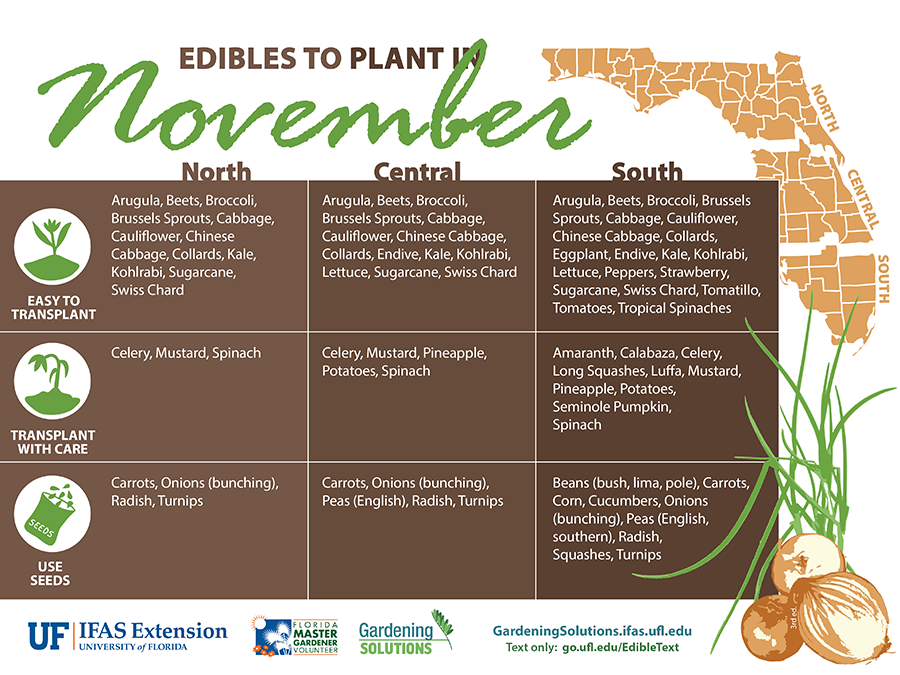Central Florida’s Fall Guide to Edible Gardening
By Ellen Rosado
Interested in making your fall more edible through your own backyard or garden? Look no further! Below is a simple guide to growing your own fresh fruits and vegetables in September, October, and November in Central Florida. Save money on trips to the grocery store by investing in your own food haven at home.
Looking for ways to add a healthy variety to your recipes? Planting vegetables such as broccoli, celery, spinach, onion, lettuce, potatoes, and carrot can definitely add flavor to your lunches and dinner and promote a robust lifestyle. Fruits like squash are great with stews and beans, while strawberries are a great addition to breakfast foods and desserts.
When picking plants, it is important to take into consideration the variety of species of plant there is to choose from, their nutritional value, companion/non companion plants, and their growing methods. Below are some great examples of plants that can be used to start up your own edible garden!
September marks the official beginning of fall!
The plants below are a great way to start the new season as they are easy to plant and famous to eat:
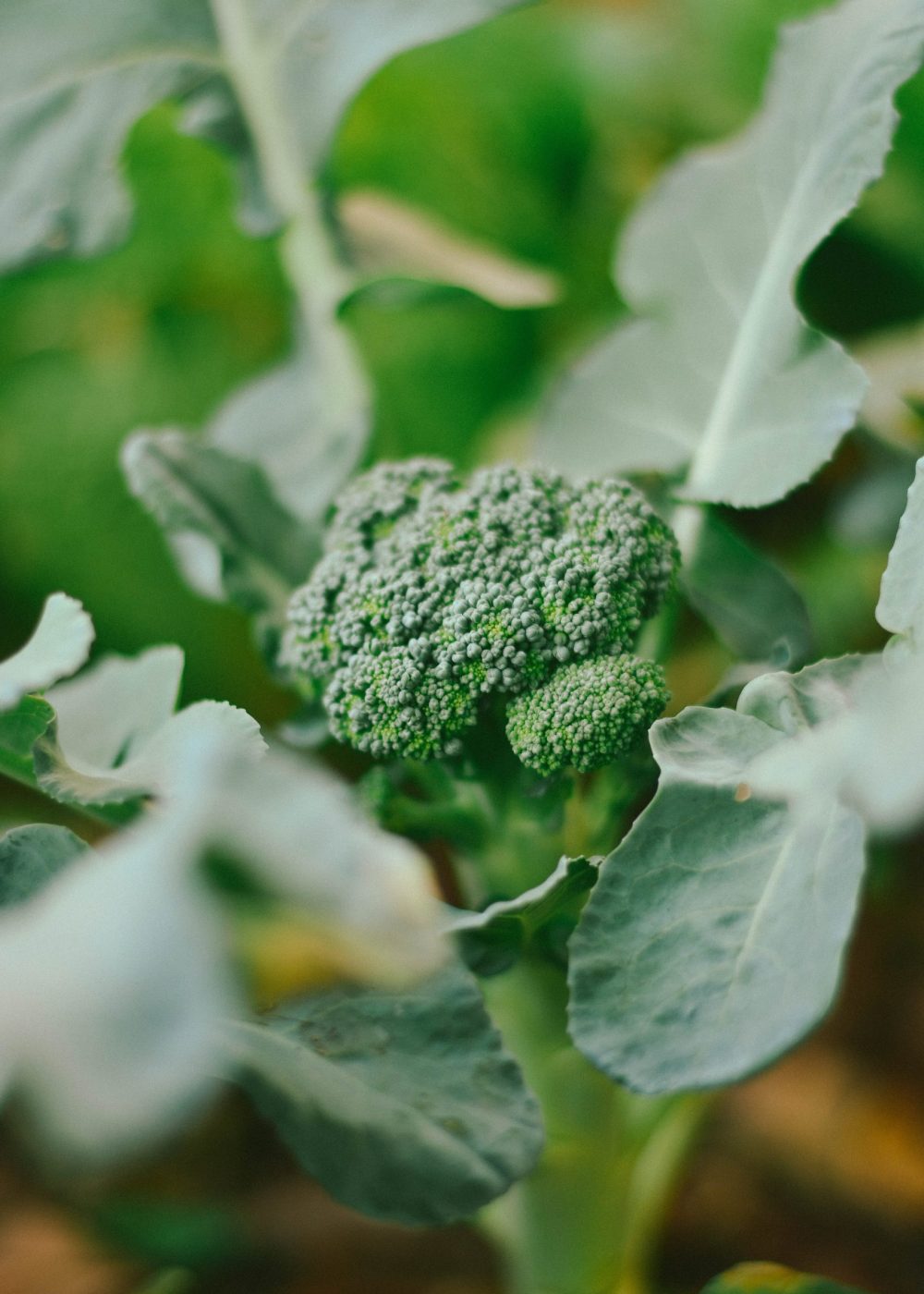
Broccoli
Specific Plant Varieties For Florida: The Calabrese, De Cicco, Early Dividend and Early Green are examples of some of the best broccoli strains to plant in Central Florida during the fall season. Waltham, Packman, and Rapini are also great to plant in September as alternatives.
Nutritional value: Broccoli is made up of 89% water; making it a plant that will need a lot of water to maintain its primary, hydrating ingredient. It is high in fiber, contributes to bone density, and improves vitamin-d deficiencies.
Companion Plants: The best companion plants for broccoli are spinach, potato, lettuce and celery. They improve the flavor of the onion once planted next to them.
Non Companion Plants: Tomatoes, squash and strawberries are not ideal to plant next to broccoli. They hinder its growth and negatively affect its flavor.
Growing Methods: Broccoli is best grown with a well-drained soil mixed with organic compost and mulch. Broccoli requires at least six hours of sun daily and a high-nitrogen organic fertilizer is recommended.
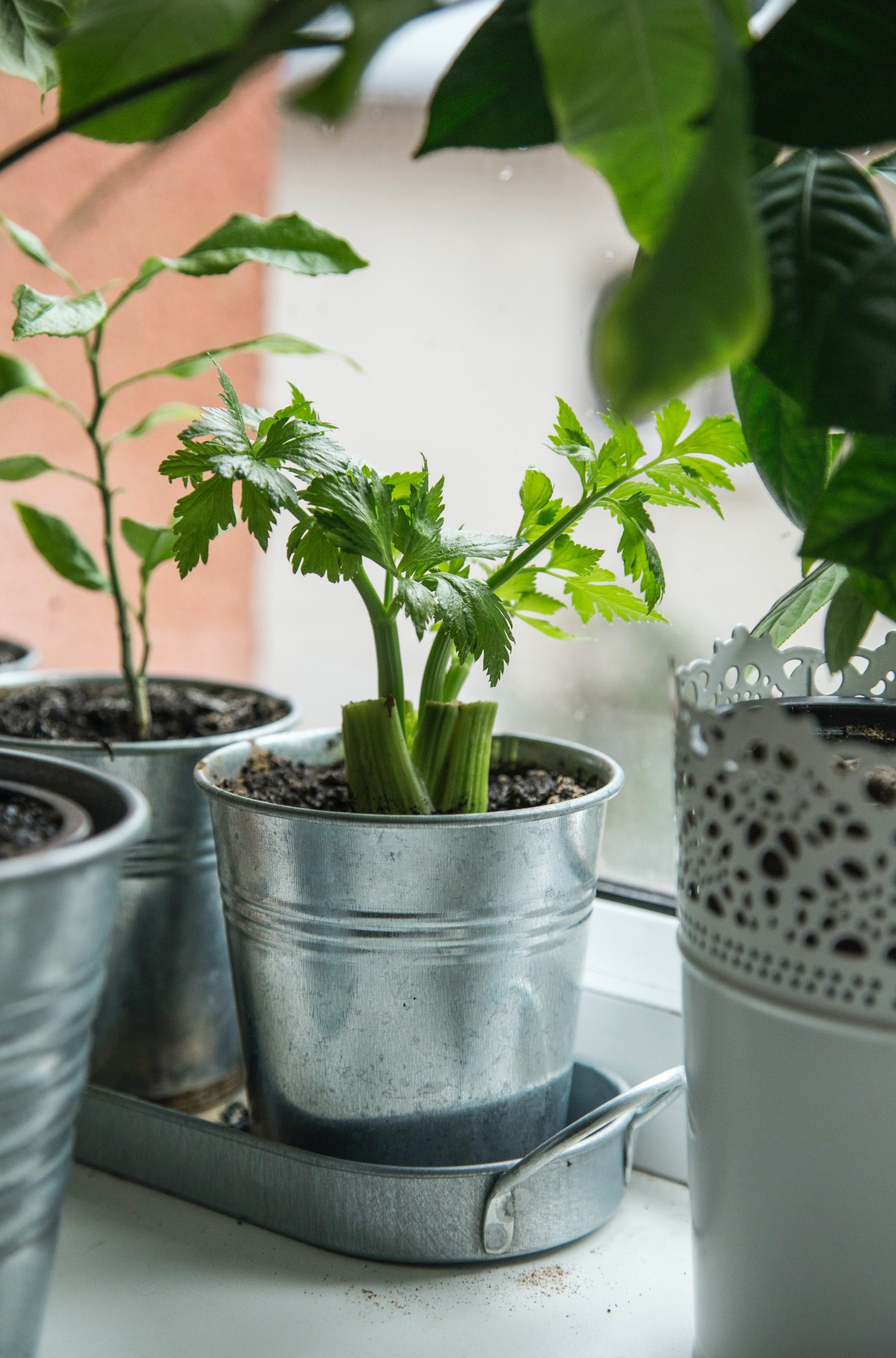
Celery
Specific Plant Varieties For Florida: Conquistador, Giant Pascal, Golden Pascal, and Giant Red are the best for planting in Central Florida. The easiest to plant if you are getting started would be the Conquistador and Giant red since they are the fastest to mature.
Nutritional value: Celery is rich in nutrients and a great source of vitamins A, K and potassium. It supports digestion and reduces inflammation as well.
Companion Plants: Onions, spinach, and tomatoes are great companion plants as they will act as the repellent for themselves and the surrounding plantation from pests. They will also attract beneficial predators such as parasitic wasps.
Non Companion Plants: Celery does not pair well with potatoes, corn or carrots as they impede its growth. They also compete for nutrients in order to overgrow the other plant.
Growing Methods: It is recommended to use a shady area when growing celery since they do not tend to grow in direct sunlight. They also require a slow-releasing organic fertilizer and are the type to self-blanch, so it is important to leave them around 2 inches apart from one another.
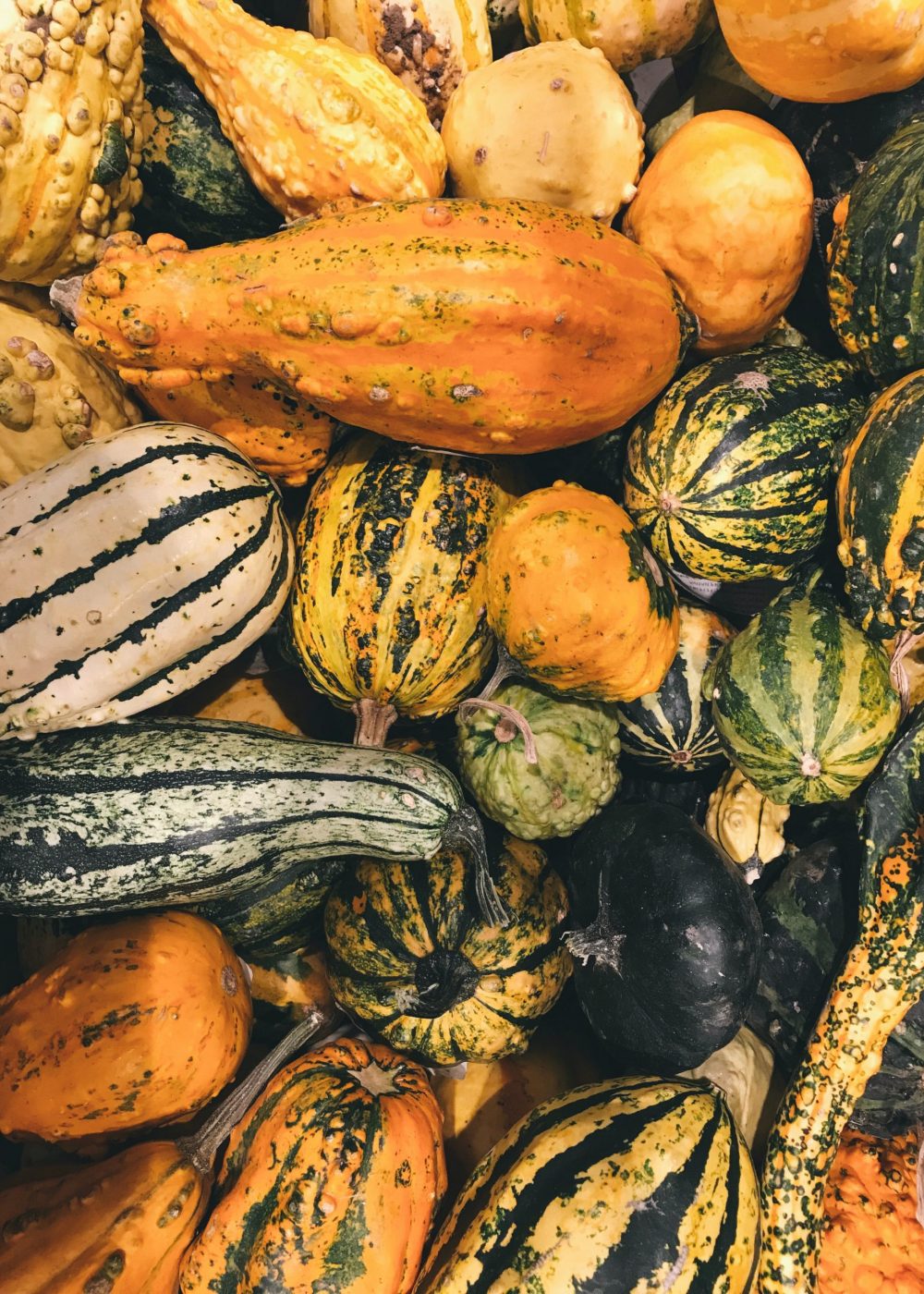
Squash
Specific Plant Varieties For Florida: The Seminole, Early Butternut, and Straightneck are perfect strains for the fall season. Some great alternatives include early Prolific, Summer Crookneck, and Table King.
Nutritional value: A single serving of squash contains 87% of the recommended daily intake of Vitamin C. It is also essential for collagen synthesis and immune function.
Companion Plants: Beans, corn and squash are considered the “three sister” plants as they have the best symbiotic relationship when planted together. The beans provide nitrogen fixation while the squash contributes the nutrients needed to grow within the soil. Due to its vines, corn acts as a backbone for the surrounding plantation.
Non Companion Plants: Plants like potatoes, squash, and cucumbers should be avoided next to squash. These plants require a high amount of nutrients so they will deplete the soil of it.
Growing Methods: Squash are required to be at least 2 feet apart from neighboring plants due to their size. Organic mulching is recommended for this plant as this will help maintain its moisture and keep it out of the dirt.
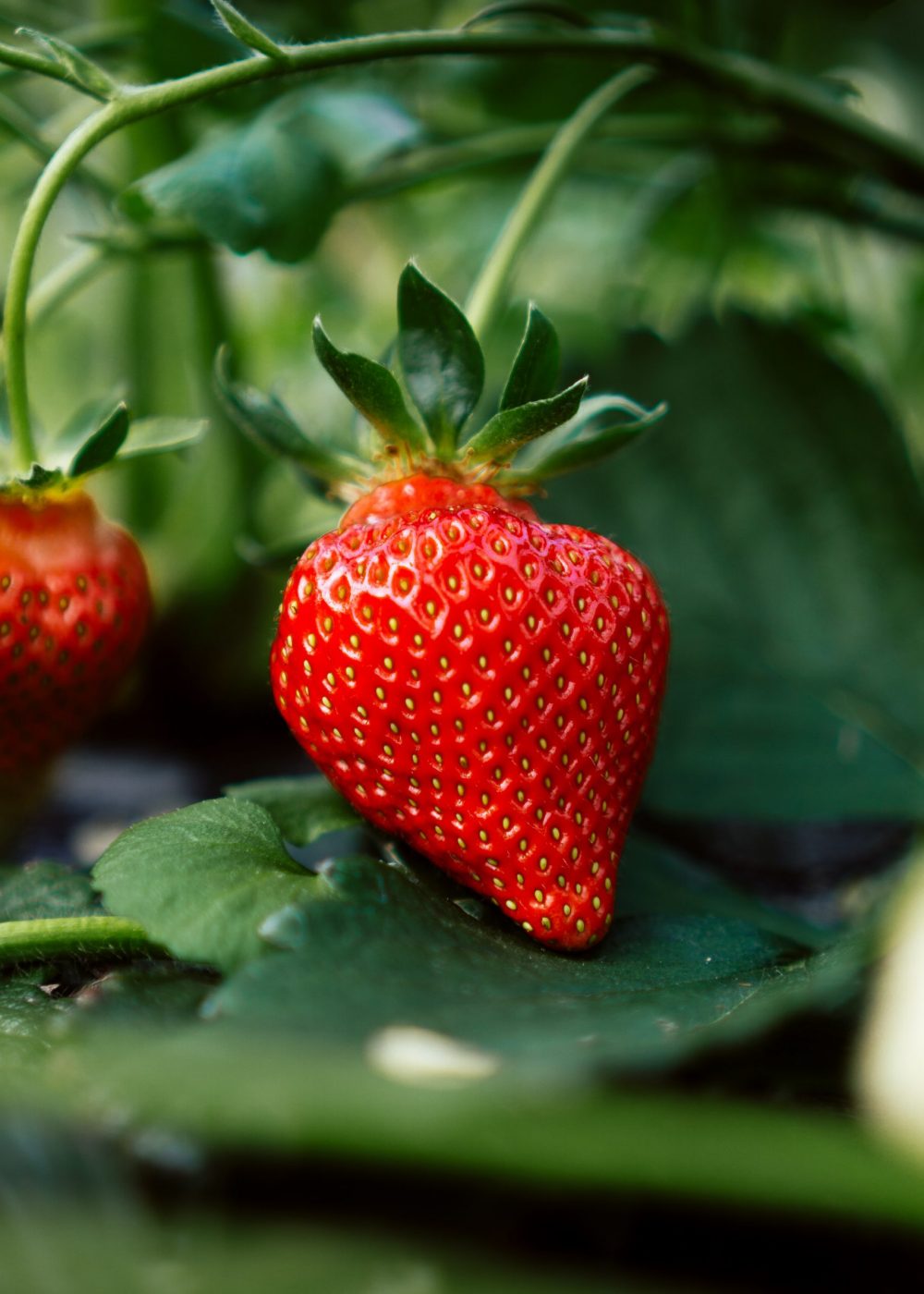
Strawberry
Specific Plant Varieties For Florida: Chandler, Festival, and Oso Grande are great to plant in Central Florida. The Selva and Camarosa strains are also great for the month of October.
Nutritional value: Strawberries are known to improve vascular function, regulate blood sugars, and have high levels of antioxidants. It is extremely beneficial to those who suffer from diabetes and stagnant blood pressure.
Companion Plants: Lettuce, spinach, and onions are great companion plants for strawberries. Lettuce and spinach enhance plant productivity while onions help keep pests away from strawberries which are prone to attacks.
Non Companion Plants: Broccoli, potatoes, and tomatoes should avoid being planted next to strawberries. Broccoli would compete for nutrients in the soil while potatoes and tomatoes can spread unhealthy fungi onto the fruit.
Growing Methods: The best fertilizer to use would be blood meal which contains various nutrients and nitrogen. For best results, plant them within ten to eighteen inches of space apart and at ground level.
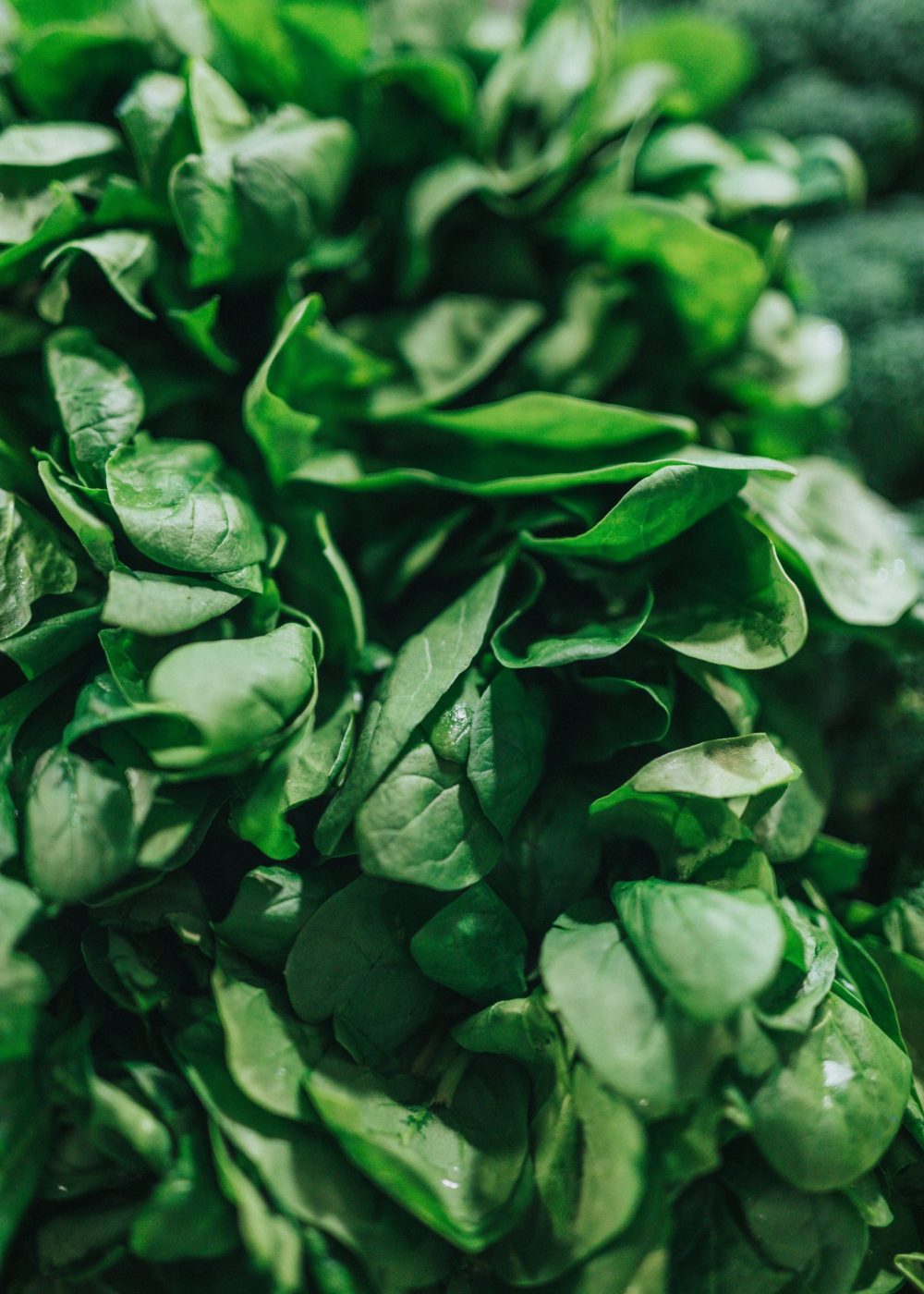
Spinach
Specific Plant Varieties For Florida: Bloomsdale, Tyee and Space are some examples of withstainable strains to plant in Central Florida. Longstanding, Melody 3, and Malabar are also beneficial for the month of October.
Nutritional value: Spinach contains several vitamins such as A, B, and K. It also contains minerals like magnesium and calcium which prevent any chronic diseases.
Companion Plants: Beans, peas and tomatoes are a good choice of companion plants for spinach. Beans and peas help keep the spinach from bolting because of their length.
Non Companion Plants: Pumpkins, fennel and potatoes can cause harm when planting next to spinach. Pumpkins take away too much sunlight while fennel emits harmful chemicals to the soil.
Growing Methods: It is best to plant each seed 12-18 inches apart and prep the soil by mixing in organic compost. Mulching is also recommended to retain moisture and visible signs of nutrition deficiency include yellow or pale leaves.
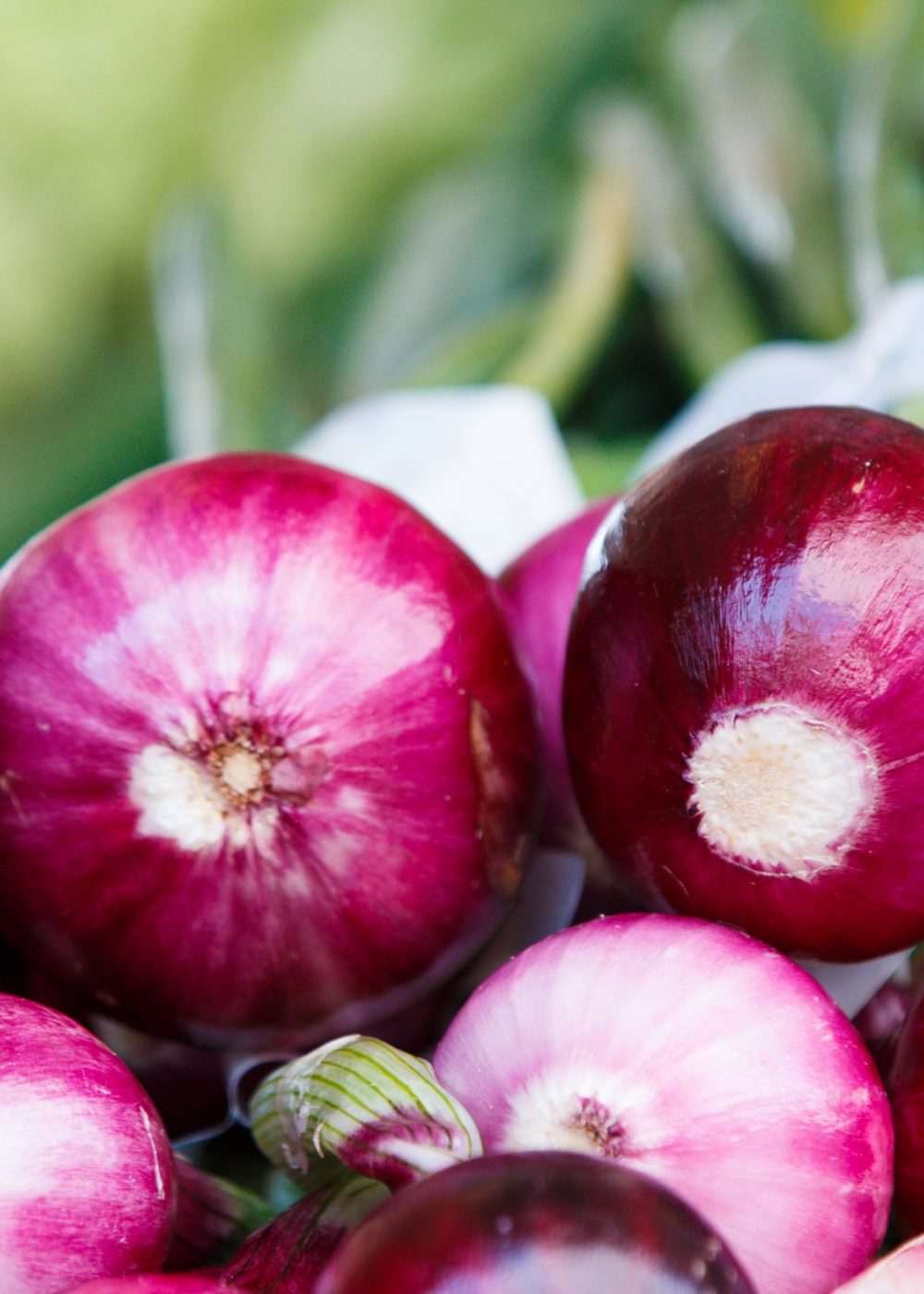
Onions
Specific Plant Varieties For Florida: Evergreen Bunching, White Lisbon Bunching, and Shallots are well-known Central Florida varieties. Additional common strains include Grannex and American Flag.
Nutritional value: Onions contain cancer-fighting compounds and antibacterial properties. They decrease any risk of heart disease due to the plethora of antioxidants in them.
Companion Plants: Strawberry, carrots and lettuce are great companion plants for onions. They will help keep pests away from these yummy plants and benefit from the soil level.
Non Companion Plants: Beans, peas and garlic have chemical incompatibility with onions and will also contaminate the flavor. Peas and beans can break down the onion while garlic attracts onion maggots.
Growing Methods: Onions require a daily dose of 10-14 hours of sunlight and require an organic balanced fertilizer. They should be planted at least six inches apart and are ready to harvest in about 4-5 months.
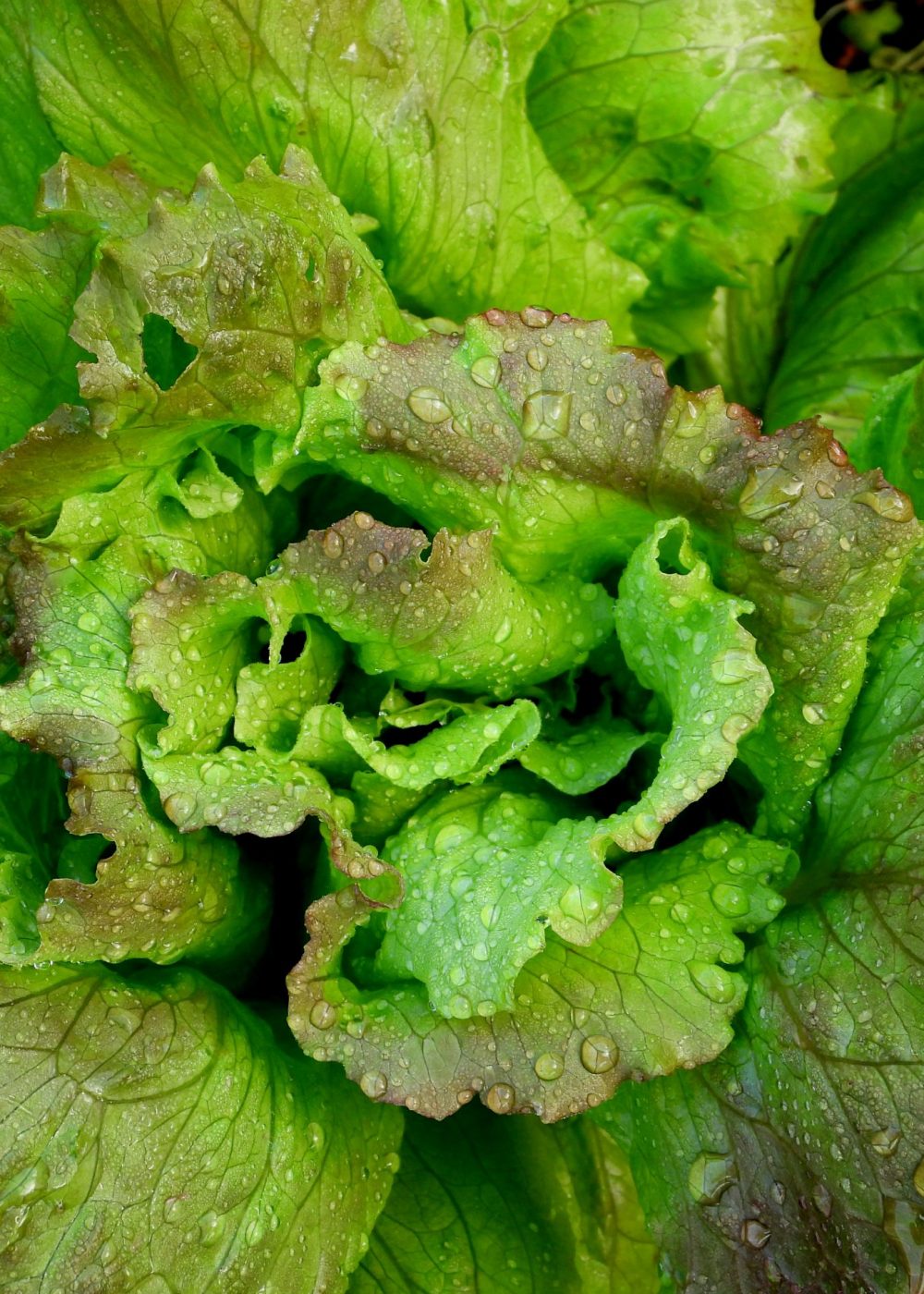
Lettuce
Specific Plant Varieties For Florida: Crisphead Great Lakes, Salad Bowl, Red Sails, Loose Leaf and Oak Leaf are simply a few of the many strains of lettuce that can be used in Central Florida. Some other great strains include Butterhead Ermosa, Loose Leaf Salad Bowl, and Romaine Outredgeous. Nutritional value: Lettuce contains plenty of vitamins such as vitamin c to support the immune system and vitamin a which supports cell growth. It also has magnesium which helps enzyme functions throughout the body. Companion Plants: Squash, spinach and strawberry are short on the list of the many companion plants lettuce goes with. Lettuce tends to share nutrients well within the soil and helps other plants shine. Non Companion Plants: Parsley, fennel and broccoli do not benefit well when planted next to lettuce. They tend to compete within the soil rather than share nutrients. Growing Methods: Lettuce should be placed 12-15 inches apart in pre prepped soil. Organic mulch can help preserve the moisture for the plant and slow releasing fertilizer is recommended for best results.
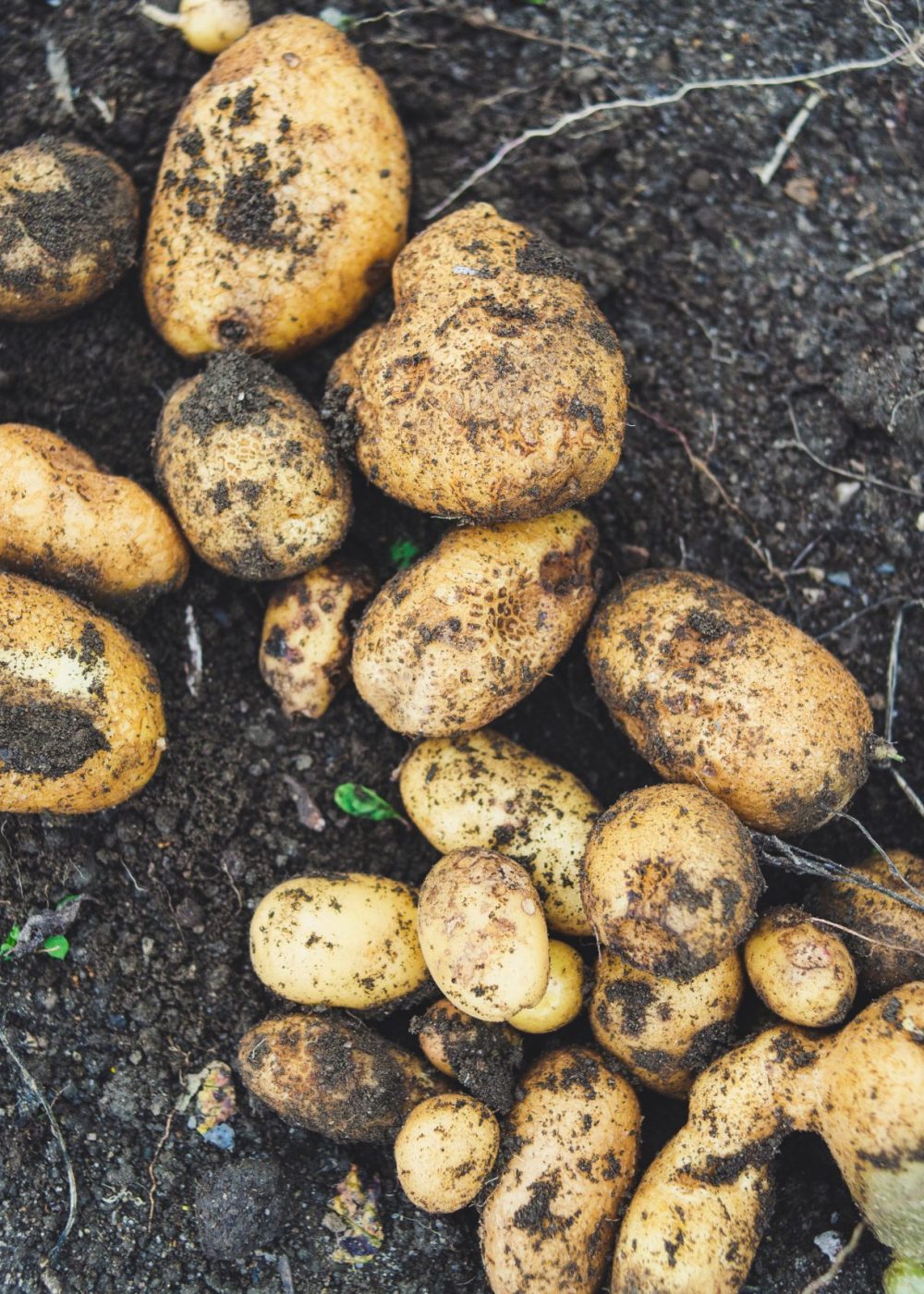
Potatoes
Specific Plant Varieties For Florida: Gold Rush, Red Pontiac, Norkotah, and Yukon Gold are a great variety to start up your fall garden. Keep in mind that common grocery stores add hormones to potatoes that can potentially impede them from sprouting.
Nutritional value: Potatoes are a great source of potassium and offer numerous benefits if eaten with the skin. Boiling potatoes provide a great source of vitamin c while baking them provides more fiber.
Companion Plants: Lettuce, spinach and beans are recommended for planting next to potatoes. Lettuce and spinach save room in the garden and do not compete for nutrients while beans add to the growth and flavor.
Non Companion Plants: Carrots, tomatoes, and squash can potentially harm the potato root if planted next to it. Carrots can stunt the potato's growth while tomatoes and squash can develop blight next to them.
Growing Methods: Potatoes, unlike the other plants mentioned in this article, require 6-inch deep trench sections to successfully grow. It is important to also mound the soil and keep the plant in sunny spots for maximum fertilization.
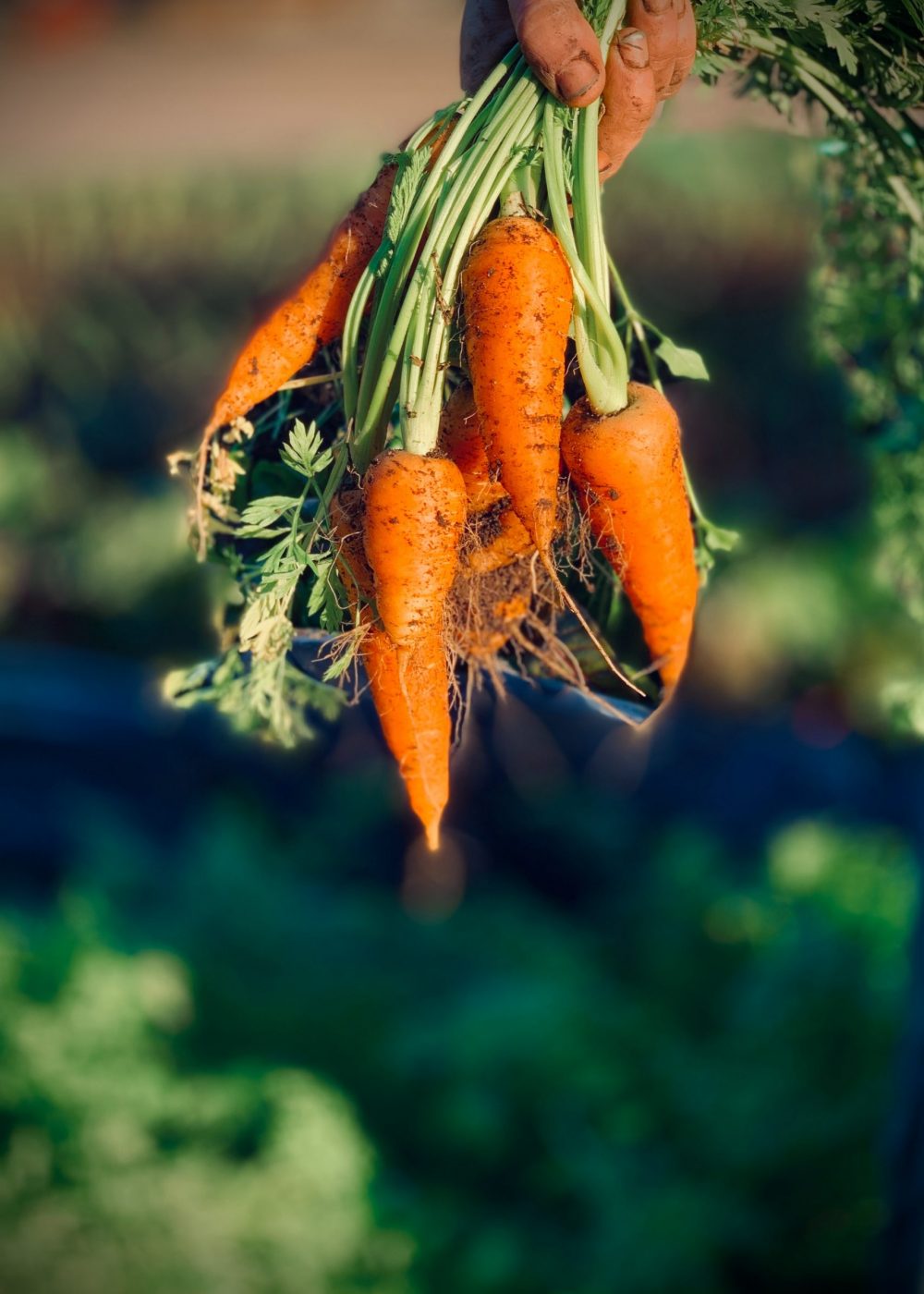
Carrots
Specific Plant Varieties For Florida: Nantes, Imperator, Chantenay, and Danvers are perfect for use during fall in Central Florida. Keep in mind that carrots do easily germinate so proper planting is essential for best results.
Nutritional value: Carrots are low-glycemic and contain biotin with them. They are also known to be beneficial to our eyesights and lower blood cholesterol.
Companion Plants: Onions, lettuce, and tomatoes are great when placed next to carrots. Tomatoes help keep the root cool for best growth while onions and lettuce help keep the carrots shaded from pests.
Non Companion Plants: Potatoes, celery, and parsnip aka root crops will compete with the carrot root for phosphorus. This ultimately leads to a weaker yield so it is important not to plant them next to each other.
Growing Methods: Planting carrots 1-2 feet deep with well drained and loose, fertile soil create the best results. It is important to keep carrots 10 inches apart from one another for maximum sprouting.
Where Should You Start?
-Find local plant nurseries. Not only are you supporting small businesses but you are also more likely to find healthy and local pest-resistant plants there. Check out our article on Lukas Nursery & Butterfly Encounter:
https://fleetfarming.org/lukas-nursery-butterfly-encounter/
-Edible Landscapes is a landscaping service that serves Central Florida, making it easy for you to grow food! Our services include raised garden bed installations, fruit tree installations, orchard installations, garden creations, in-ground food forests, native plant/pollinator landscaping, mulching, and more:
https://fleetfarming.org/edible-landscapes/
-Schedule a free consultation to see how we can transform your space into a beautiful and abundant garden:
Sources:
- “Gardening Solutions – University of Florida, Institute of Food and Agricultural Sciences.” Ufl.edu, 2019, gardeningsolutions.ifas.ufl.edu/.
- “My Little Green Garden.” My Little Green Garden, mylittlegreengarden.com.
- “Healthline: Medical Information and Health Advice You Can Trust.” Healthline.com,
- “Know More. Be Healthier.” Verywell Fit, Http://verywellfit.com.
- “Home.” FL Gardening, Flgardening.com.
- https://www.facebook.com/thespruceofficial. “The Spruce – Make Your Best Home.” The Spruce, 2018, thespruce.com.
- “Gardening Know How.” Gardening Know How, 2015, Gardeningknowhow.com.
- Old Farmer’s Almanac. “The Old Farmer’s Almanac.” Old Farmer’s Almanac, 2019, almanac.com.
- “Design | Decorating | Kitchens | Bathrooms | Gardens | Www.homesandgardens.com.
- “Grower’s Planet.” GP, growers-planet.coa sand

